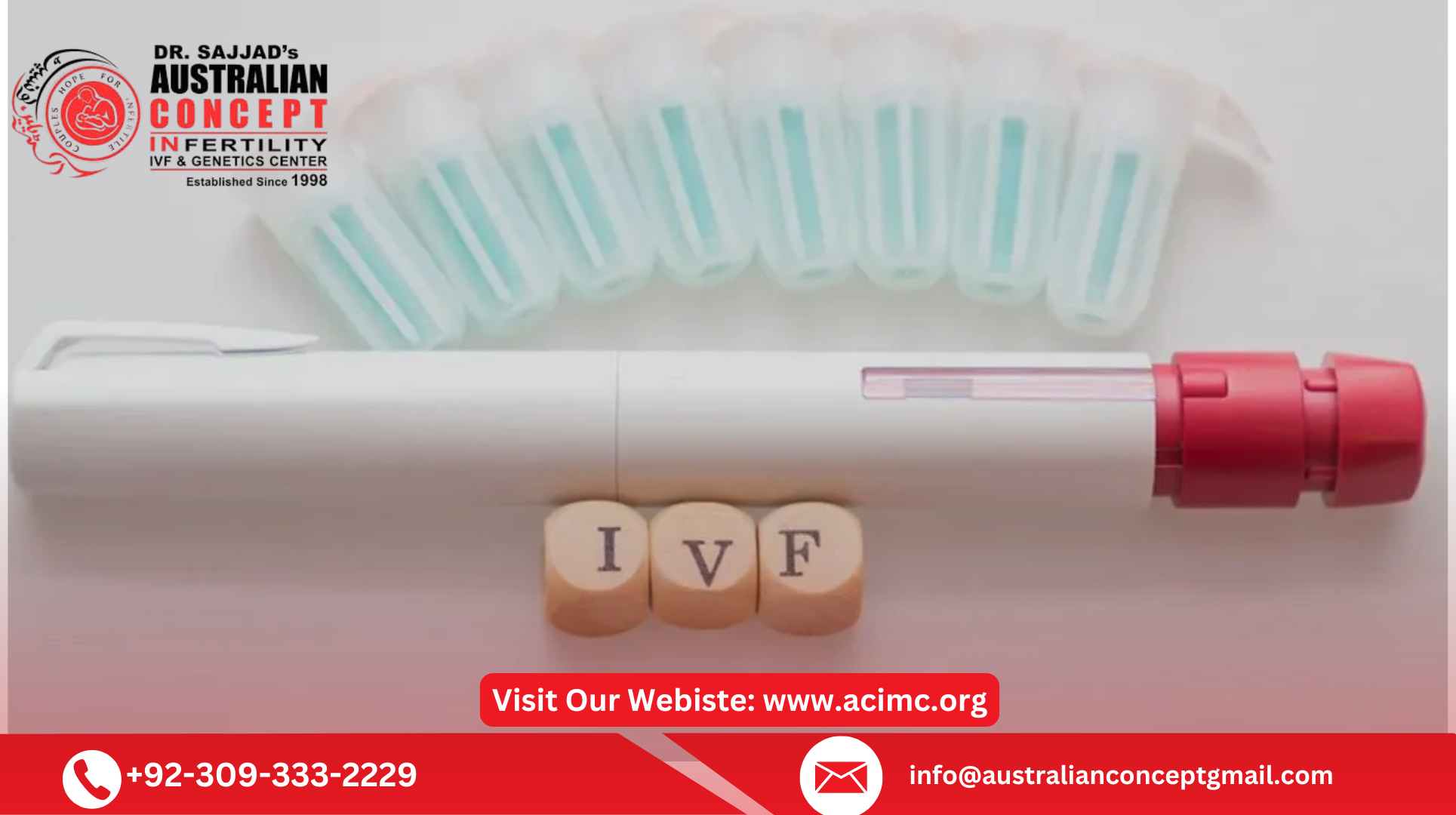How often are injections needed during IVF treatment

Introduction
In vitro fertilization (IVF) is a highly structured fertility procedure that involves hormonal support at every step. One of the most common concerns among couples is the number and frequency of injections required during the treatment. These injections play a vital role in stimulating the ovaries, controlling egg release, and preparing the uterus for embryo transfer.
Purpose of Injections in IVF
Injections are a key part of the IVF cycle. They are designed to regulate the body’s natural reproductive hormones and increase the chances of success. The types of injections and their frequency vary based on individual fertility conditions and protocols selected by the infertility specialist.
Types of IVF Injections and Their Frequency
- Ovarian Stimulation Injections
These are usually started on day 2 or 3 of the menstrual cycle. Common medications include follicle-stimulating hormones (FSH) like Gonal-F, Menopur, or Follistim.- Frequency: Once daily
- Duration: 8 to 12 days, depending on how the ovaries respond
- GnRH Antagonist or Agonist Injections
These injections prevent premature ovulation.- Frequency: Once daily
- Duration: Usually started around day 5 or 6 of stimulation and continued until the trigger shot is given
- Trigger Shot (hCG Injection)
This injection triggers the final maturation of eggs for retrieval.- Frequency: Given once, typically 36 hours before egg retrieval
- Progesterone Injections
After the egg retrieval, progesterone supports the uterine lining and helps in embryo implantation.- Frequency: Daily
- Duration: Continued for 10–14 days post-transfer and possibly through the first few weeks of pregnancy if conception occurs
Total Number of Injections
On average, a woman may receive:
- 10–12 stimulation injections
- 5–7 antagonist injections
- 1 trigger shot
- 10–14 progesterone injections
This brings the total to around 25–35 injections per IVF cycle, depending on the protocol and body’s response.
Do Injections Hurt?
Most IVF injections are administered subcutaneously (under the skin), and the pain is usually mild and manageable. Clinics provide proper training on how to administer them safely at home.
Tips for Managing IVF Injections
- Use an ice pack to numb the area before injecting
- Rotate injection sites to avoid soreness
- Have a partner or nurse assist if needed
- Follow your clinic’s schedule strictly for best results
Emotional Support During the Injection Phase
The IVF journey is not just physical it’s deeply emotional as well. Daily injections can be stressful, especially for those who are uncomfortable with needles. Many clinics offer counseling or support groups to help couples cope with the emotional toll of the treatment.
Partners can also play a strong role by offering encouragement, helping with injections, and being present at appointments. Keeping open communication and celebrating each milestone no matter how small can make the experience more manageable.
Alternatives to Injections
While injections are currently the most effective method of hormone delivery in IVF, researchers are constantly working on alternatives such as:
- Nasal sprays for GnRH
- Vaginal or oral forms of progesterone
However, injections remain the most reliable method for consistent absorption and effectiveness, especially in critical phases like egg maturation and luteal support.
Conclusion:
Injections during IVF treatment may sound overwhelming, but they are a critical part of the process that supports egg development, timing, and implantation. With proper guidance and emotional support, couples can navigate this phase confidently and increase their chances of a successful outcome. Always consult your fertility specialist to understand your specific injection schedule and treatment plan.



